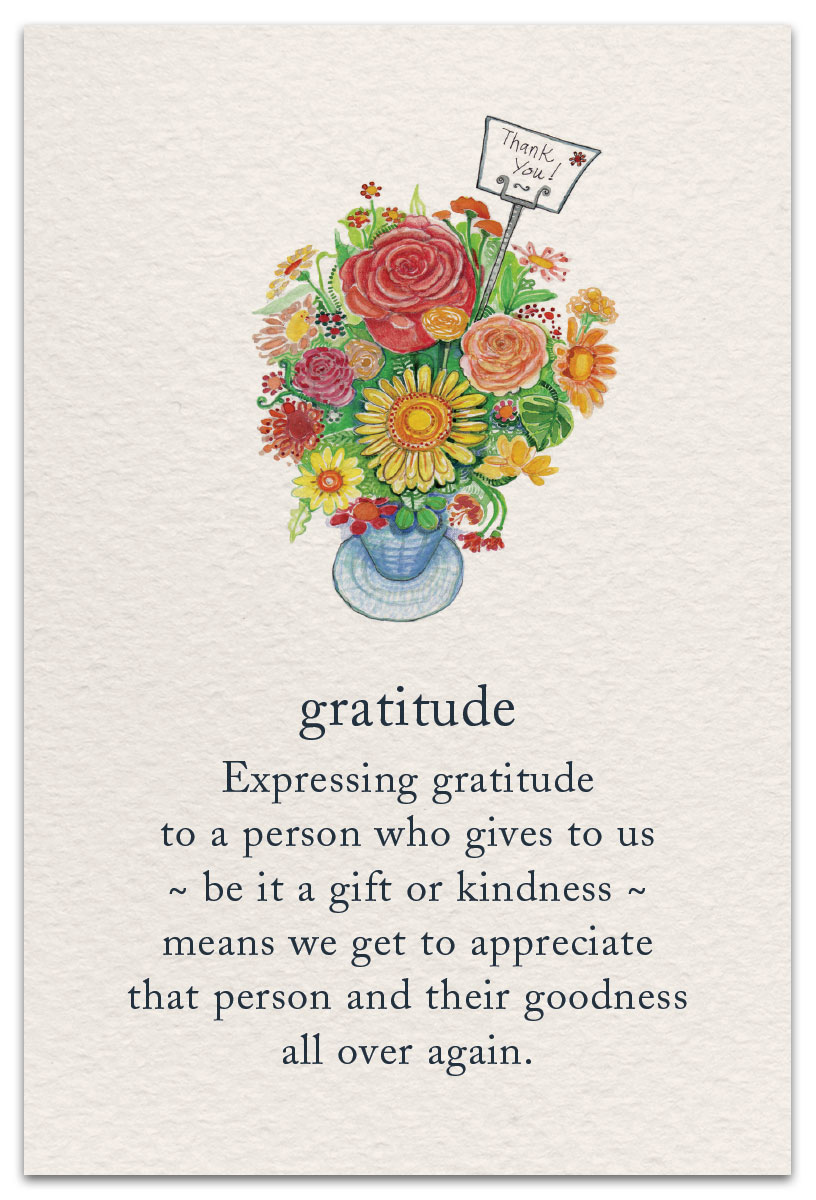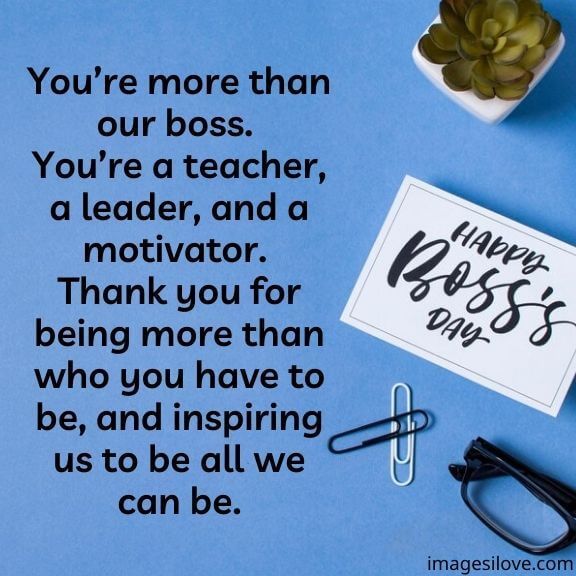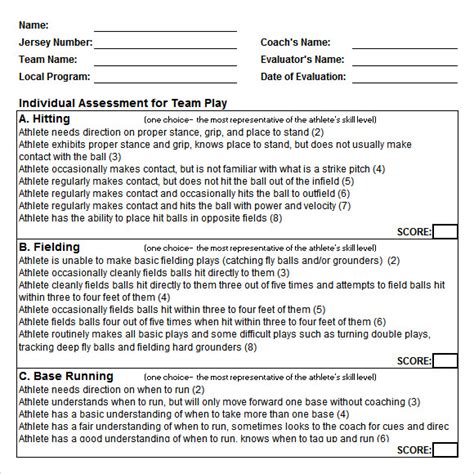Thank You for the Promotion: Expressing Gratitude Effectively

In the professional world, a promotion is a significant milestone, often the culmination of hard work, dedication, and a commitment to excellence. While the celebration of this achievement is personal, expressing gratitude to those who have supported your journey is not just a courtesy—it’s a strategic move that strengthens relationships and fosters a culture of appreciation. However, navigating the art of saying “thank you” in a meaningful way requires more than a generic email or a quick handshake. This article delves into the nuances of expressing gratitude effectively after a promotion, offering actionable insights and real-world examples to help you make your appreciation resonate.
Why Gratitude Matters in Professional Growth

Gratitude is more than a social nicety; it’s a powerful tool for building and maintaining professional relationships. According to a study by the Harvard Business Review, employees who feel appreciated are more engaged, productive, and likely to stay with their organization. When you’re promoted, expressing gratitude acknowledges the contributions of others—whether it’s your mentor, team, or leadership—and reinforces your commitment to the organization’s success.
Expert Insight: "Gratitude is the currency of relationships. When you genuinely acknowledge the role others have played in your success, you create a ripple effect of positivity that benefits everyone involved." – Dr. Emily Carter, Organizational Psychologist
The Art of Personalized Gratitude

Generic expressions of thanks can fall flat, especially in a professional setting. Personalization is key to making your gratitude memorable and impactful. Here’s how to tailor your appreciation:
Step 1: Identify Key Contributors
Make a list of individuals who have directly or indirectly contributed to your promotion. This could include:
- Your mentor or manager who provided guidance
- Team members who supported your projects
- Colleagues who offered feedback or encouragement
- Leadership who recognized your potential
Step 2: Highlight Specific Contributions
Instead of a vague "thank you," mention specific actions or behaviors that made a difference. For example:
"Your feedback on the Q3 strategy was instrumental in refining our approach, and I’m grateful for your insights."
Step 3: Choose the Right Medium
The way you express gratitude should align with the relationship and the significance of the contribution. Options include:
- Handwritten Notes: Personal and timeless, ideal for mentors or senior leadership.
- Emails: Professional and efficient, suitable for colleagues and team members.
- In-Person Conversations: Authentic and impactful, best for immediate supervisors or close collaborators.
- Public Acknowledgments: Team meetings or company newsletters can amplify your gratitude, but use this sparingly and thoughtfully.
Case Study: Gratitude in Action
Consider the story of Alex, a marketing manager who was promoted to Director of Brand Strategy. Instead of sending a mass email, Alex took a multi-faceted approach:
- Mentor: Alex wrote a handwritten note to his mentor, highlighting how her advice on leadership styles had shaped his approach.
- Team: He hosted a small team lunch, where he publicly acknowledged each member’s role in recent campaign successes.
- Leadership: Alex sent a personalized email to the CEO, expressing gratitude for the opportunity and reiterating his commitment to the company’s vision.
This approach not only deepened Alex’s relationships but also set a positive tone for his new role.
Common Pitfalls to Avoid
While expressing gratitude is essential, it’s equally important to avoid missteps that can diminish its impact:
Pitfall 1: Overlooking Key Players
Failing to acknowledge someone who contributed to your success can create resentment. Always double-check your list of contributors.
Pitfall 2: Being Too Generic
Vague statements like "Thanks for all your help" lack authenticity. Be specific to show genuine appreciation.
Pitfall 3: Making It About You
Gratitude should focus on the other person’s contributions, not on your achievements. Avoid phrases like "I couldn’t have done it without you" without acknowledging their specific actions.
The Long-Term Benefits of Gratitude

Expressing gratitude after a promotion isn’t just about acknowledging past contributions—it’s about building a foundation for future success. When you cultivate a culture of appreciation, you:
- Strengthen Relationships: Gratitude fosters trust and loyalty, essential for long-term collaboration.
- Enhance Your Reputation: Being known as someone who appreciates others can open doors to new opportunities.
- Inspire Others: Your gratitude can motivate colleagues to support each other, creating a positive work environment.
Key Takeaway: Effective gratitude is specific, personalized, and timely. It’s not just a one-time gesture but a mindset that can transform your professional journey.
How soon should I express gratitude after a promotion?
+Ideally, within the first week. Timely gratitude shows sincerity and ensures the momentum of your appreciation isn’t lost.
Should I acknowledge my team publicly or privately?
+It depends on the context. Public acknowledgment can boost team morale, but private gratitude can feel more personal. Consider a combination of both.
What if I’m not sure how to articulate my gratitude?
+Start by jotting down specific contributions and how they impacted your success. Then, craft a message that highlights these points.
Is it necessary to thank people who didn’t directly contribute to my promotion?
+While not mandatory, acknowledging those who supported you in other ways can strengthen relationships. Focus on key contributors first, then consider broader expressions of thanks.
Conclusion: Gratitude as a Leadership Tool
Expressing gratitude after a promotion is more than a polite gesture—it’s a reflection of your leadership style and values. By acknowledging the contributions of others, you not only honor their efforts but also position yourself as a leader who values collaboration and appreciation. As you step into your new role, remember that gratitude is not just about saying “thank you”—it’s about building a legacy of recognition and respect.
In the words of Maya Angelou, “People will forget what you said, people will forget what you did, but people will never forget how you made them feel.” Let your gratitude be the bridge that connects your past successes to future achievements.


